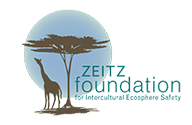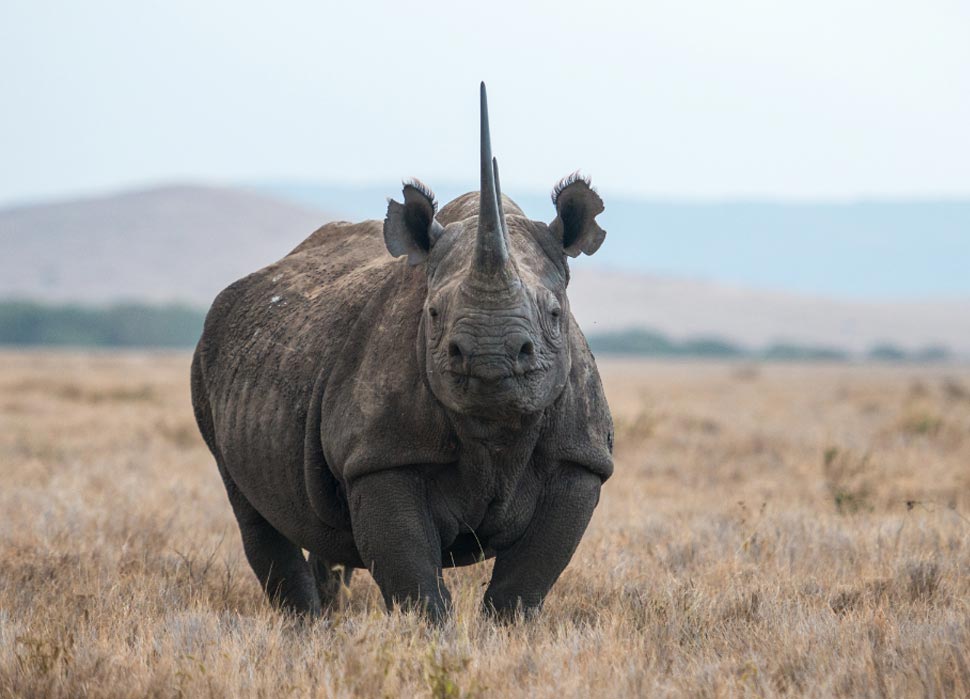
Segera Rhino Sanctuary
Central Laikipia is perfect rhino country and was once home to thousands of rhinos before the species was decimated. Positioned at the geographical heart of Kenya, the Segera Rhino Sanctuary will become a vital gateway to a large-scale initiative to create an interconnected area of private and community conservancies, government parks and formerly abandoned lands to become one of the largest rhino sanctuaries in the world as part of the Kenya Rhino Range Expansion Plan (KRRE), where rhinos can safely return to Central Kenya’s vast savannahs. We believe that this vast new Rhino Sanctuary will create and safeguard a complete ecosystem for significant populations of rhino and other endangered species, a win-win for Kenya’s wildlife, communities, and future. The Segera Rhino Sanctuary campaign in Central Kenya aims to help create one of the largest rhino sanctuaries in the world.
Tree of Life Reforestation Initiative
The long-term effects of deforestation have a critically negative impact on the ecosystem, affecting not only plant and animal life but also the well-being of human communities that rely on the fertility of the land for their prosperity. As efforts to restore forest cover gain full momentum around the world, we embarked on an initiative to replenish deforested land here on Segera Conservancy through the Tree of Life Reforestation project. We aim to grow three million trees by 2030. This will be East Africa’s largest reforestation project on a private conservancy.
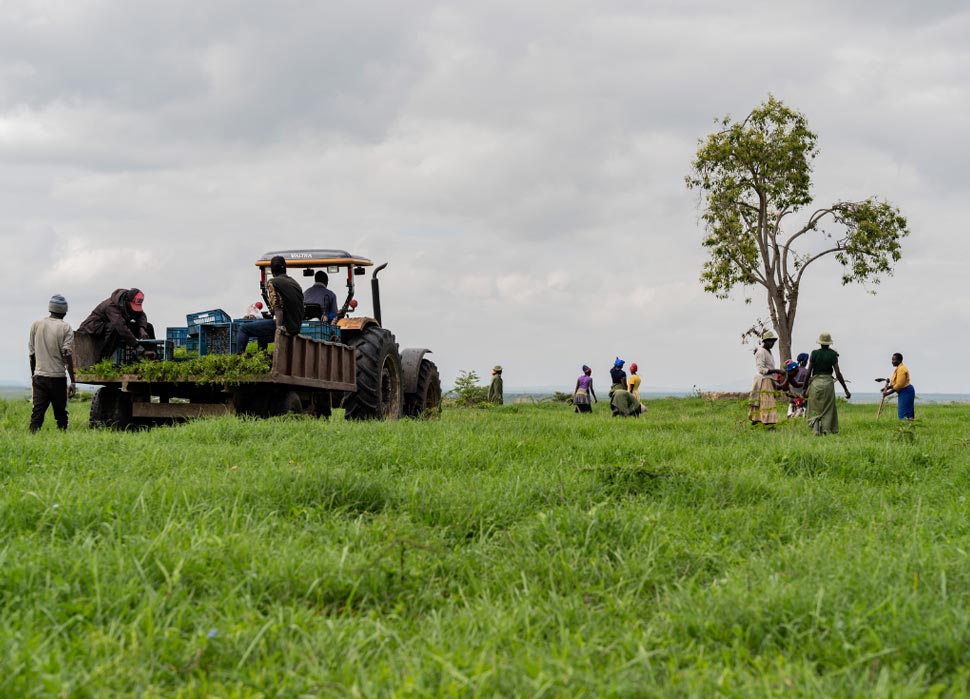
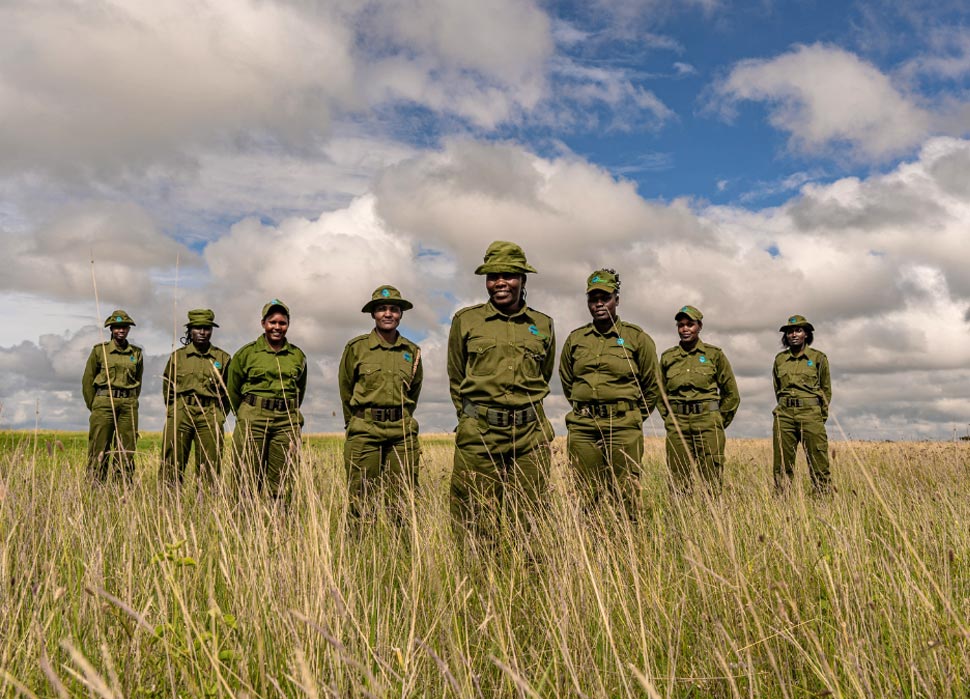
All Women Anti-Poaching Ranger Academy
The inaugural All-Women Anti-Poaching Ranger Academy in East Africa was launched by the ZEITZ foundation in 2019. Since its inception, the academy on Segera has graduated multiple cohorts of female rangers after undergoing intense selection processes, months of holistic training, and field exercises. Under the guidance of Damien Mander (Founder of IAPF) and with the assistance of highly qualified instructors, the training provided included a wide range of skills such as Patrol Tactics, Conservation, Community Engagement, Tracking, Drill, Law and arrest, Canine Handling, and First Aid. These rangers play an integral role as mentors within their communities, empowering other women, sharing their acquired knowledge, and actively advocating for peace, intercultural understanding, and the preservation of wildlife.
School Development & Bursaries
Through the support of donors over the years, the ZEITZ foundation has helped grow the footprint of education in Laikipia by educating over 2000 thousand children across our local communities. We support 6 schools from Pre-Primary (Early Years Learning) to Senior Secondary School levels. Our initiatives include various projects, including the construction of new classrooms and toilet blocks, along with comprehensive renovations and repairs to enhance learning facilities. We have also donated essential learning supplies such as desks, school uniforms, and books. A bursary program is in place to assist bright students from disadvantaged families around Segera Conservancy. We firmly believe that education is transformative and a key driver of sustainable development, even as we create a brighter future for the next generation.
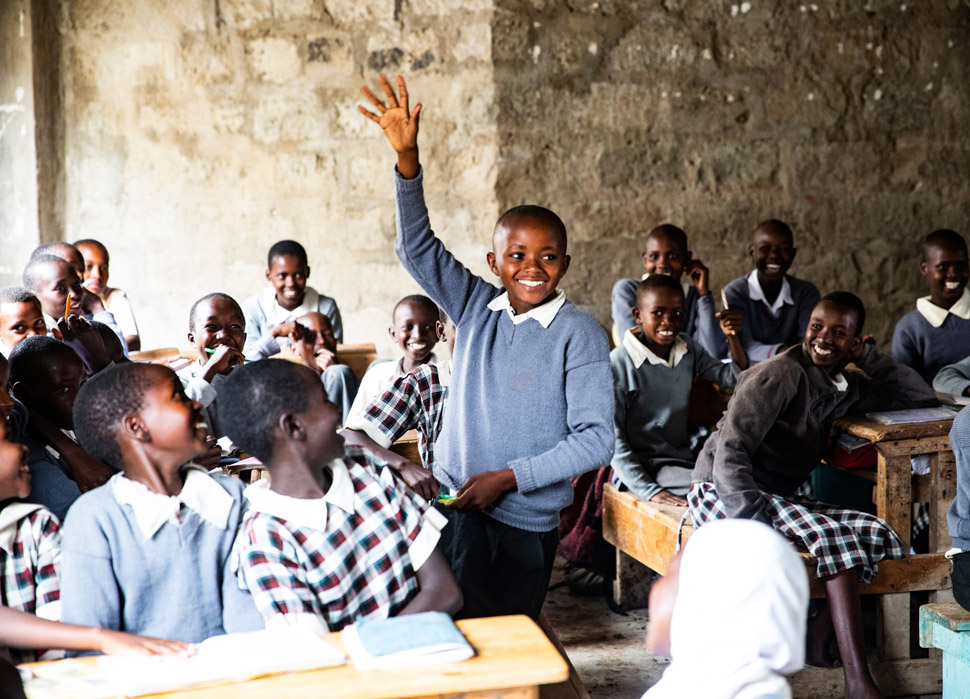
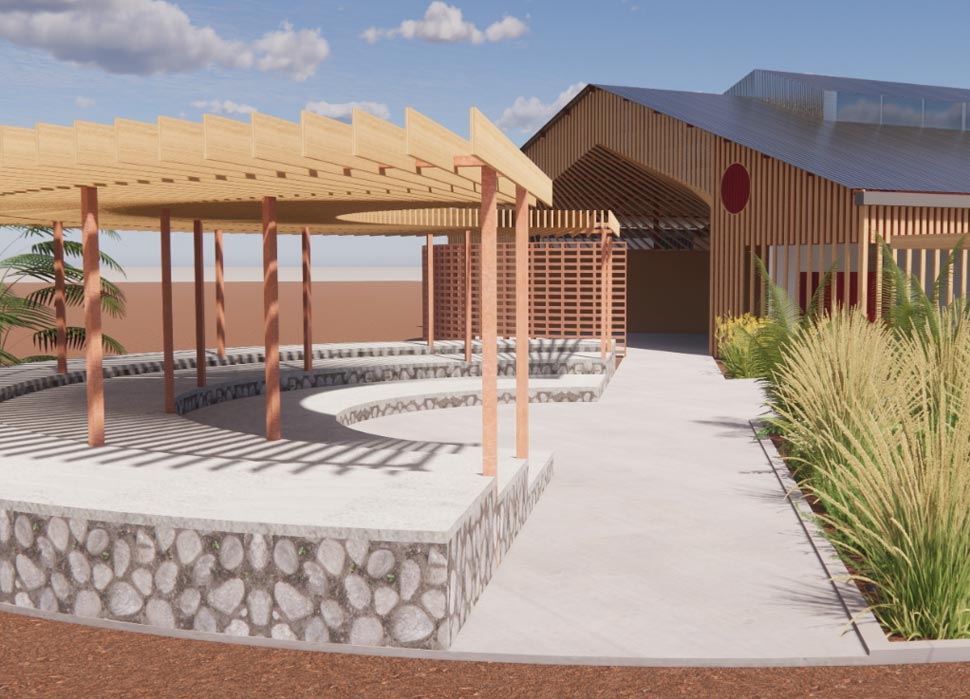
The Laikipia Learning Centre
The Laikipia Learning Centre will be a unifying and inspiring immersive learning environment aimed at increasing access to education, knowledge, and awareness on Conservation, Community, Culture, and Commerce (the 4Cs) for children and adults from Segera’s local communities.
Plans for this Centre are still in development, with a local eco-conscious design firm hired to complete the architectural plans. This multipurpose facility, housed in a repurposed airplane hangar, will provide training in a wide range of topics such as conservation, culture, and sustainable commerce.
Anti-Poaching Unit
Conservation is a team effort that also requires round-the-clock surveillance. Segera’s success story in conserving its precious ecosystem and protecting the 50,000-acre wildlife sanctuary is largely built on the collective effort of our Rangers and anti-poaching dog unit. The Canine unit has been an amazing addition to our anti-poaching and security efforts and does a superb job of keeping our wildlife safe. They also support our local communities and neighbouring conservancies when poaching, cattle rustling, and cases of missing people occur.
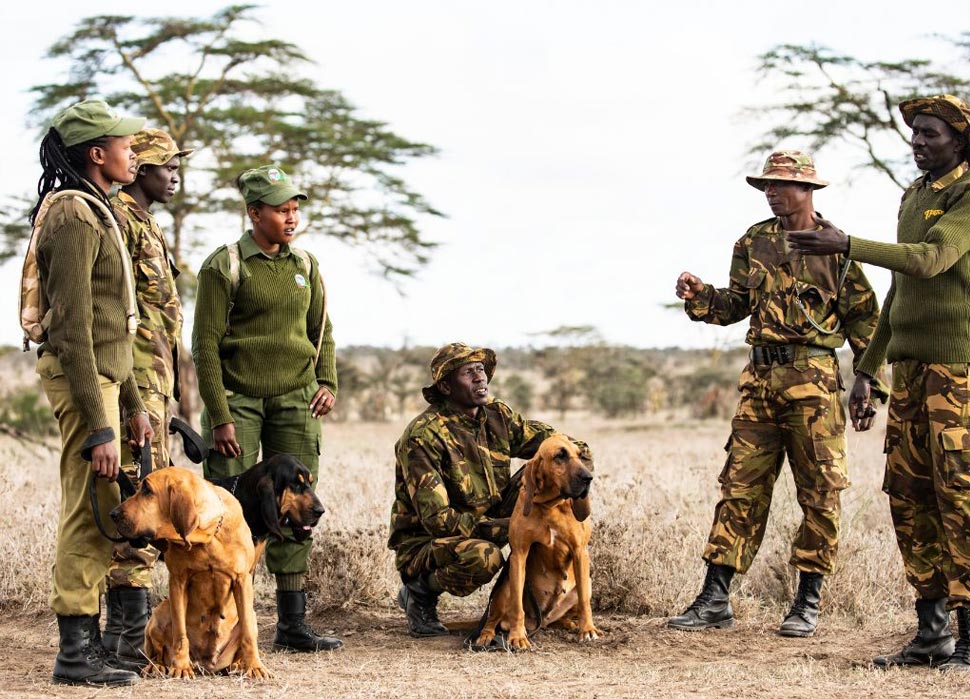
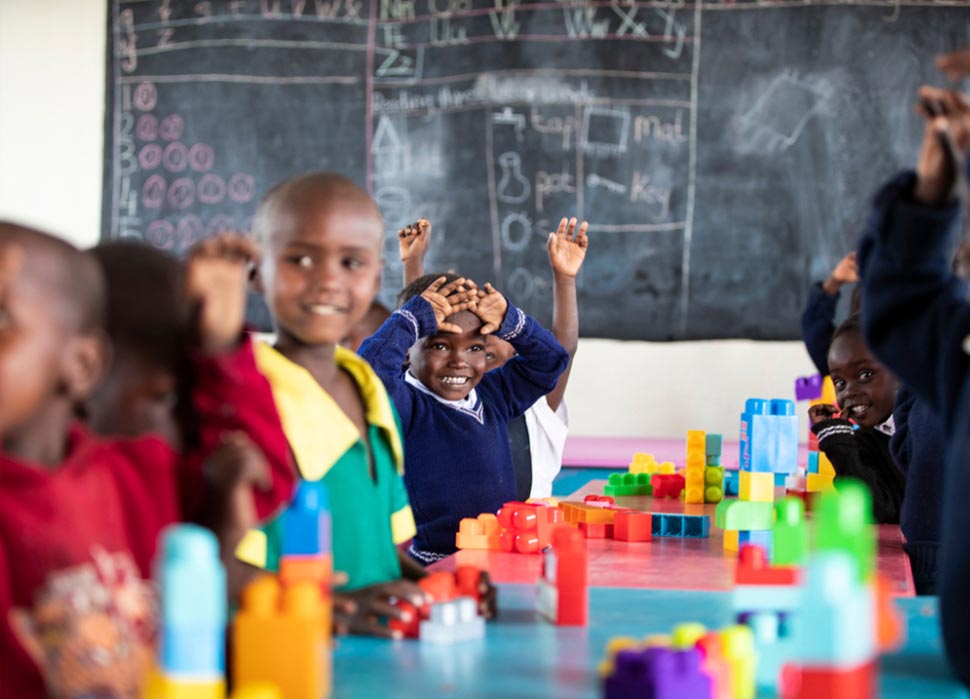
SATUBO Kindergarten
This early learning facility offers the mothers working as part of the SATUBO Beading Initiative alongside other families in the area access to safe, quality childcare. The school prepares the children for transition into primary school which is fundamental in promoting Sustainable Development Goal (SDG) 4.2: “By 2030, ensure that all girls and boys have access to quality early childhood development, care and pre-primary education so that they are ready for primary education.”
Mobile Medical Camps
In collaboration with the Leo Project, the ZEITZ foundation embarked on an initiative to provide much-needed medical attention to some of the communities that lack access to basic healthcare. According to a rapid needs assessment, one community must travel more than 50 kilometres to the nearest health facility. The first mobile healthcare camp at Sugutan community was a success, with over 40 people receiving health services and medication, including infants. Plans are underway to conduct a quarterly mobile medical camp in two communities that do not have access to facilities as well as establishing a small medical unit pilot program at one of these sites.
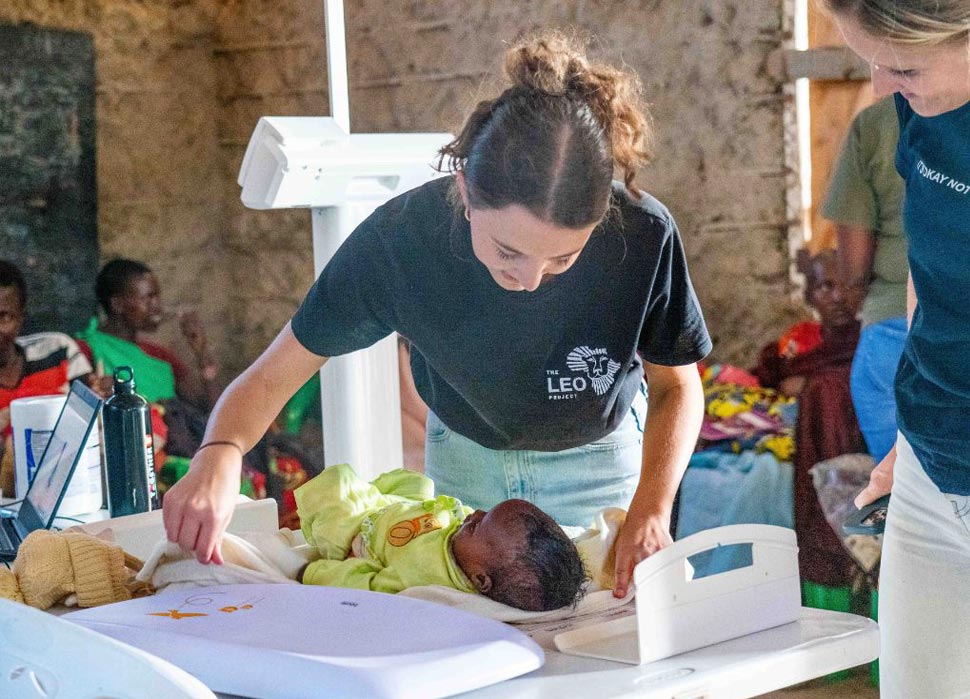
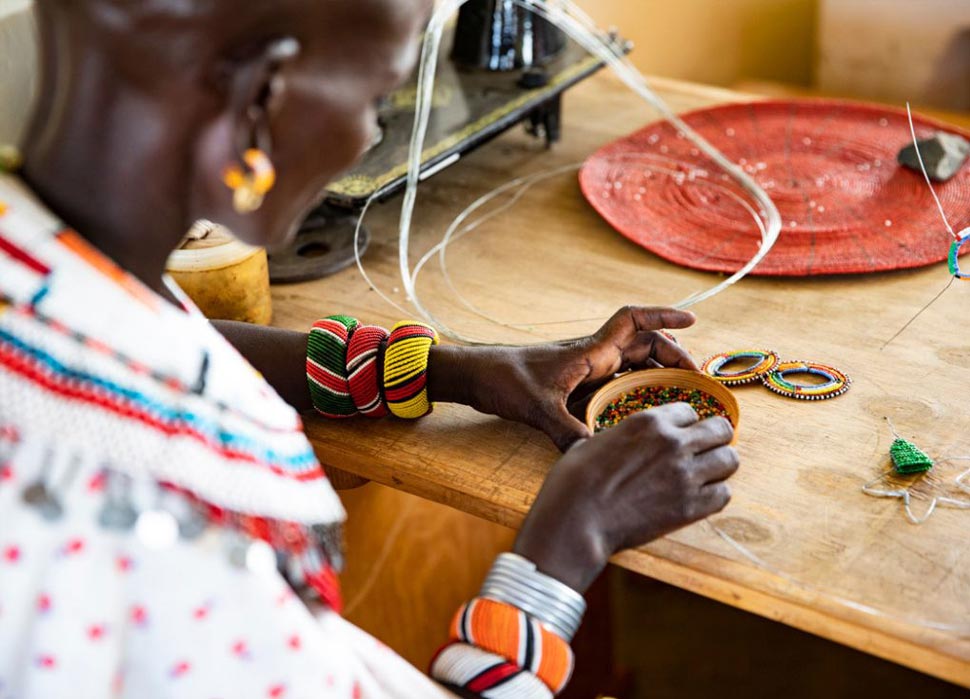
Empowerment through Beading
The ZEITZ foundation continues to support the economic empowerment of women and the promotion of culture through the age-old tradition of beading, which is a staple of Kenya’s northern tribal heritage. The foundation provides crucial support by offering business development training and facilitating market access for women involved in beadwork. Through these efforts, women gain the tools and opportunities necessary to generate independent incomes
Sustainable Water Management
With Climate Change affecting seasonal rain patterns and increasing the intensity of drought periods, it has become critical to ensure a safe and consistent source of water. To ensure long-term water supply for biodiversity, we began construction of a large water dam along the Segera River with a potential capacity of 603,107 cubic meters, making it possibly the largest in East Africa. This dam will also be crucial in supporting the rhino population that will be protected at the proposed sanctuary, other wildlife, and the greater ecosystem of Segera.
You can support the sustainable water management initiative by donating to:
- Additional infrastructure to connect water to other locations from the dam.
- Routine maintenance of the water dam and silt traps.
- The construction of additional mini weirs and boreholes for wildlife and livestock across the conservancy.
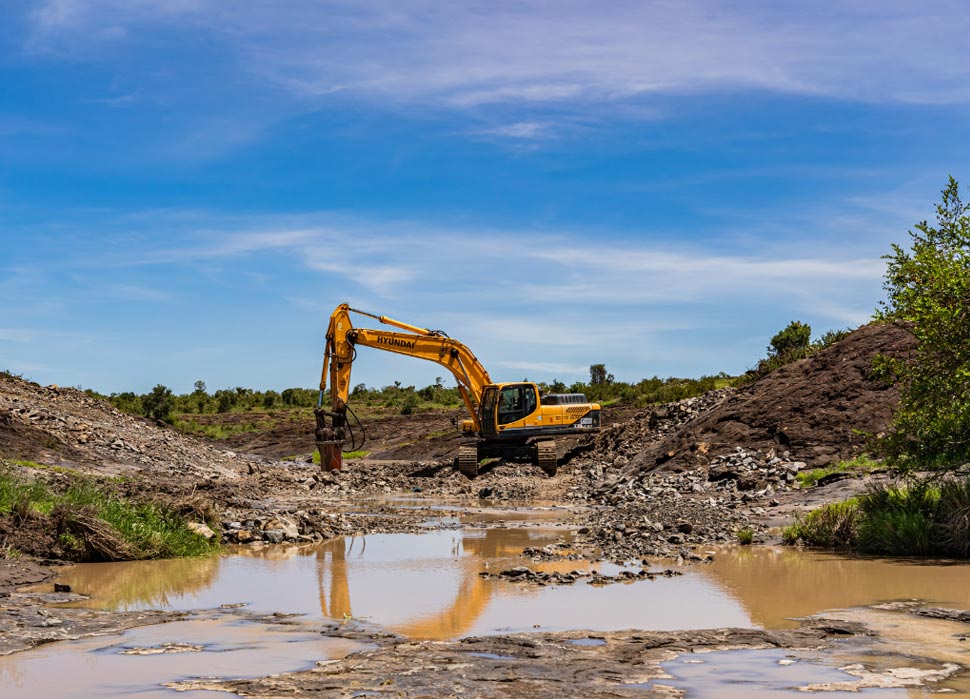

If you are interested to support or contribute towards one of these projects, you are welcome to make a donation or contact us for more details.
